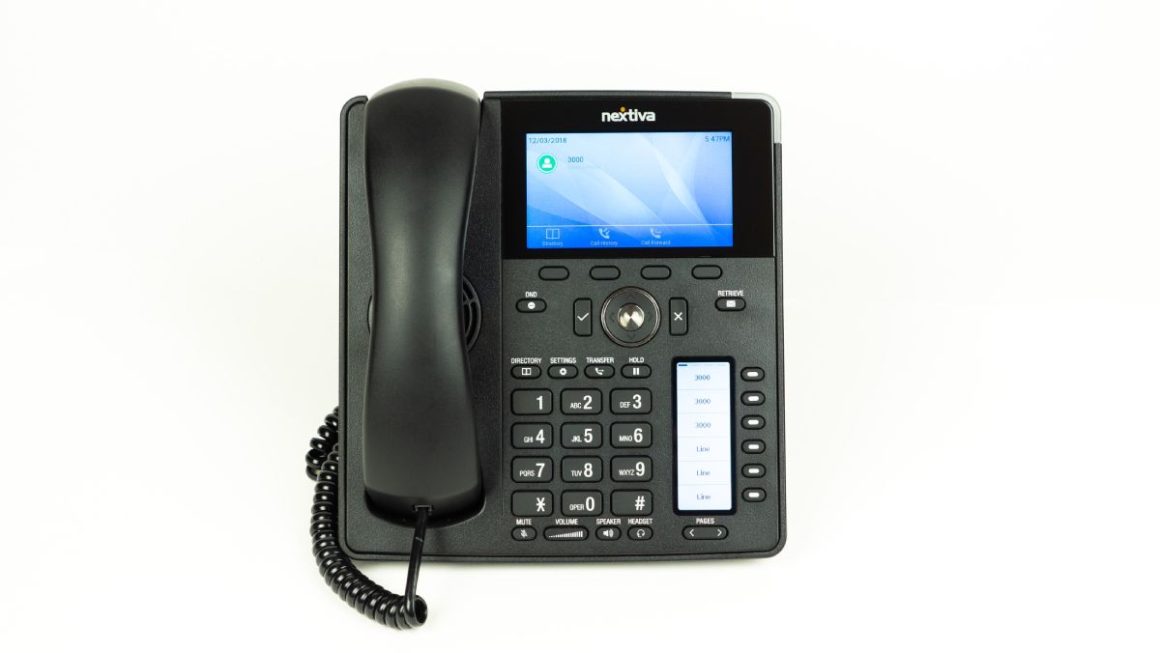In the course of digitization, many classic professions have gradually disappeared – but in return, many new jobs have been created. Like the virtual assistant example. In contrast to a home assistant such as Amazon Alexa, there is even a natural person behind it and no AI.
This article explains what the virtual assistant does, what tasks it takes on, and for which customer groups it is suitable.
Table of Contents
What Is A Virtual Assistant?
The virtual assistant or VA (or VPA for “virtual personal assistant”) takes care of all tasks for their customers that they do not necessarily have to or want to do themselves. So it works like classic assistance, but with the difference that no physical proximity is necessary for this. Thanks to digitization and the resulting opportunities, virtual assistants can sit in Honolulu, for example, while their client works in the rain in London.
Virtual assistants can be freelance or employed by one of the numerous VA agencies. Self-employed VAs usually act as sole proprietors but can also do the job as a part-time job.
There is (so far) no special training for virtual assistants, but clients and agencies expect them to have at least basic knowledge of office management. An apprenticeship as a clerk for office communication or direction can be a good starting point, for example.
What Tasks Can A Virtual Assistant Take On?
For the time being, there are no limits to the task distribution of virtual assistants. Everything that can be done using digital communication and information technologies, regardless of physical proximity, can be taken over by a VA. Examples of this are:
Classic Office Management
Numerous tasks that a classic assistant does can also be assigned to virtual assistants:
- Creation of presentations
- Evaluation of data sets and reports
- Coordination of appointments and general correspondence
- Creation of invoices and sending them to customers
- Collection of maintenance of records
Online Marketing
Digitization not only creates the profession of virtual assistant – it even expands it:
- Management of social media channels
- Creation of content for social networks
- Community management of social media channels
- Result and management of social media ads
- Coordination of advertising campaigns
- Design and management of websites and landing pages
- Optimizing websites for SEO
- Transcription of podcast episodes
- Result of show notes for podcast episodes
- Cutting, editing, and uploading YouTube videos
Customer Service
Good customer service is one of the hallmarks of a company. A VA can quickly take over time-consuming tasks by phone, email, or chat:
- Acquisition of new customers
- Support for new and existing customers
- Answering questions about the respective products and services
- Processing of complaints
Private Tasks
Busy clients often need more time to take care of the little things of everyday life. This is where virtual assistants can help organize life:
- Update the calendar
- Booking private or business trips
- Arranging appointments with, for example, doctors, artisans or the tax consultant
- Reminders of important events such as birthdays or wedding anniversaries and suitable ordering gifts
In addition, there are numerous other fields of activity that a VA can serve. It will be interesting to see how these will also change and expand over time and with increasing digitization.
Who Hires A Virtual Assistant?
Because VAs can specialize themselves very well and position themselves individually, their customer area is just as diverse – the following customer groups can act as clients for virtual assistants, among others:
- Busy private individuals who need organizational support in everyday life
- Sole proprietors who do not have the budget for a permanent assistant
- Companies that need independent and flexible employees for specific project work
- Managers who do not have personal assistance but still want to hand over time-consuming tasks
Why Should You Hire A Virtual Assistant?
The new professional field of VA offers many advantages for clients. Since it is not tied to one location, there are no-cost items for the customer, such as ancillary personnel or travel costs – and after all, every entrepreneur likes to save costs, right?
In addition, by handing over time-consuming or routine tasks, customers can focus on their core business and their free time. This leads to more relaxation in everyday life and more efficient work.
Furthermore, the virtual assistant can be used flexibly since it is usually not permanently employed. For example, in the well-known summer slump, there are no costs for permanent employees who tend to have less to do.
On the other hand, VAs can step in flexibly in the event of short-term staff shortages and take on specific tasks – this protects customers from stress.
Conclusion: The Virtual Assistant Can Be A Real-Time Saver
Thanks to digitization, you can now rely on virtual assistants. They make everyday work easier with specialist know-how or by taking on routine tasks and can thus become real office heroes, even though they are based in a completely different place in the world than the client himself.
It will be interesting to see how the professional field of virtual assistance will develop.




